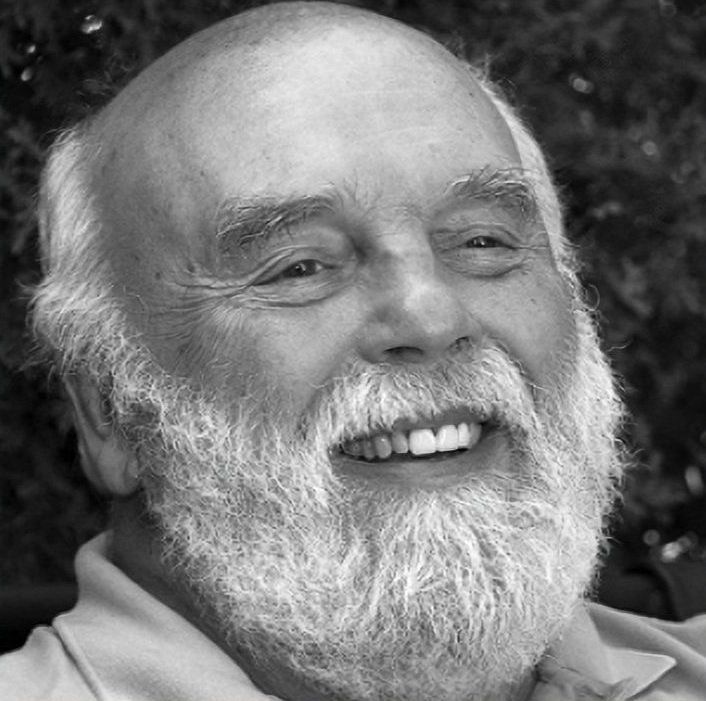20 Skills to Work with Emotions in Psychotherapy
Leslie Greenberg, Ph.D., Psychologist
Live Online Workshop
Overview
Working with emotion is essential to psychotherapy, and therapists commonly encounter challenging emotional processes in session. For example, many clients present with reactive symptoms that are often mistaken for the main problem: anxiety, depression, hopelessness, addiction, rage, distress, feeling overwhelmed, avoidance, or withdrawal.
These reactive symptoms often mask deeper emotional issues at the core of a client’s distress. To help clients move forward, therapists need skills to recognize, access, and work with the underlying emotional processes that drive those symptoms. Without these skills, even experienced therapists may feel stuck or unsure how to help.
This workshop offers 20 practical, evidence-based skills to address these and other common emotional issues. Drawing on evidence from neuroscience, evolutionary biology, and psychotherapy process research, these skills are designed to help you assess what is happening emotionally in session and intervene in ways that support movement and change. The approach is integrative and can be applied across modalities and client populations.
Video recordings of real therapy sessions will illustrate how emotional processes unfold in session and how specific interventions can help shift them.
A recording of the workshop will be available to registrants for 60 days.
Please note that it may take 15–20 business days for the recording to be sent.
Objectives
In this workshop, you will learn how to:
- Recognize and assess productive and unproductive emotion states and different emotion types (adaptive/maladaptive, secondary/protective, instrumental) and learn how to work with them differentially
- Apply techniques to track and explore emotional processes in session
- Use collaborative case formulation to identify clients’ core emotional issues
- Work with clients who are overwhelmed by their emotions by using deliberate and automatic emotion regulation techniques
- Access, activate, and deepen emotions with clients who have trouble accessing and expressing their feelings
- Process emotions productively
- Change maladaptive emotions with adaptive emotions
Details
Date: December 4 & 5, 2025
Time: 11:00AM – 3:00PM (Eastern Standard Time)
Format: Live Online Workshop
Registration Rates
Early Bird Rate: $219 (+applicable taxes)
Regular Rate: $259 (+applicable taxes)
Student Rate: $179 (+applicable taxes)
- Students are eligible for a student rate. Please sign up here to access student benefits.
- Student rates apply to individuals currently enrolled in an undergraduate, master's, or doctoral program at a recognized post-secondary institution.
Refund Policy
Cancelling 7 days or more prior to the start of a live one or two day workshop, or webinar series:
- Refund: Full refund will be processed, minus a $50 administrative fee
or
- Transfer: Full payment can be transferred to another upcoming workshop or training that we provide. Please email our training and workshop team at training@cpeh.ca to request a transfer.
Cancelling after 7 days prior to the start of a live one or two day workshop, or webinar series:
- Refund: No refund
- Transfers: Full payment can be transferred to another upcoming workshop or training that we provide. Please email our training and workshop team at training@cpeh.ca to request a transfer.

Dr. Leslie Greenberg, Ph.D., Psychologist
Dr. Leslie Greenberg is the principal developer of Emotion Focused Therapy and is widely recognized for his distinguished professional contributions to applied research. He has devoted his career to research that specifies how working with emotion is at the heart of psychological change. Among his many accomplishments Dr. Greenberg received the American Psychological Association (APA) Award for distinguished Research Career, the Carl Rogers Award of the APA Society for Humanistic psychology, the Canadian Council of Professional Psychology Program Award for Excellence in Professional Training, and the Canadian Psychological Association Professional Growth Award for Distinguished Contributions to Psychology as a Profession. He was also awarded the APA Award for Professional Contributions to Applied Research.
